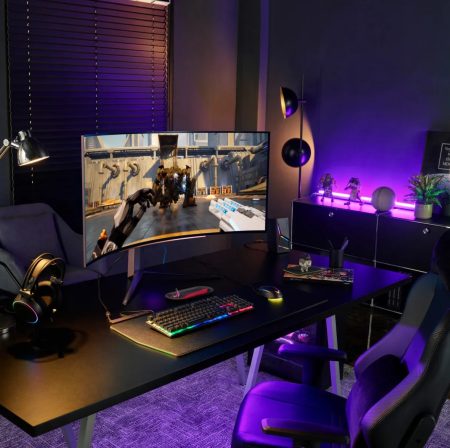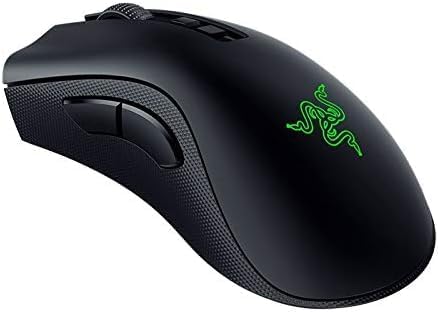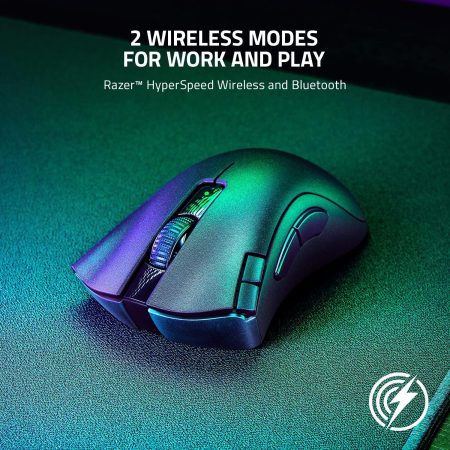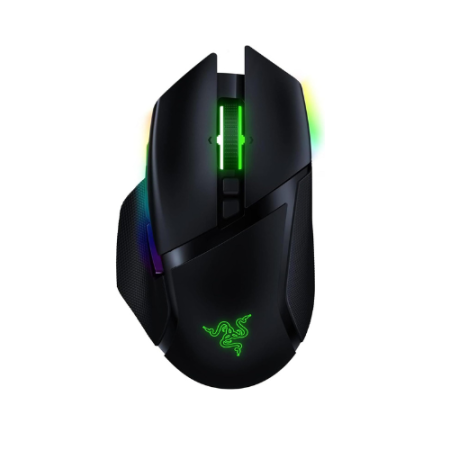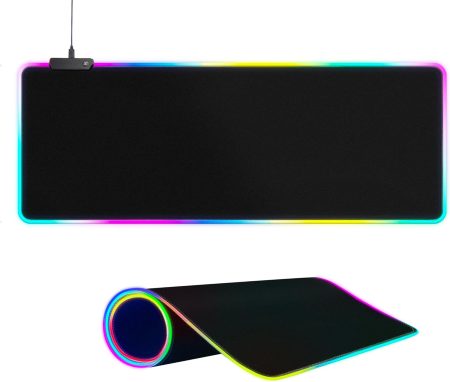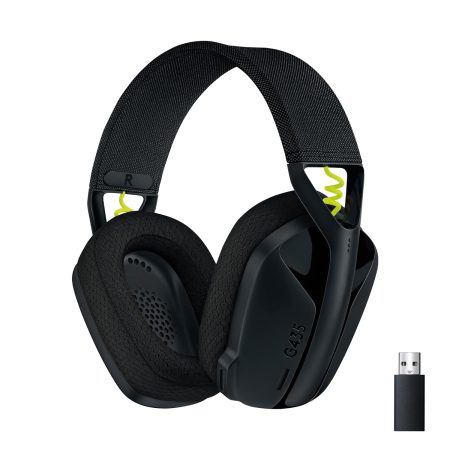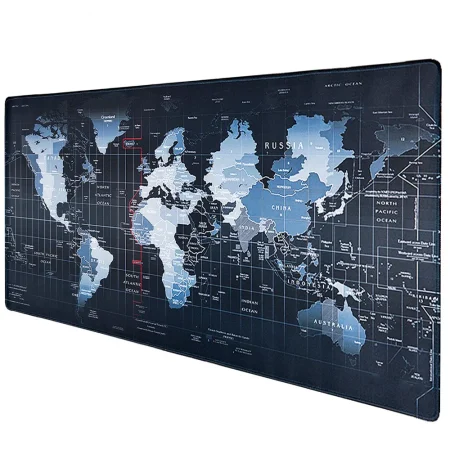Is your CPU getting too hot? Are you worried about your computer’s performance? If yes, then the answer to the question ‘do I need a CPU cooler?’ is definitely yes.
It’s not just the case that you should get a CPU cooler—you should get one. This guide is for you if you want to learn how having a CPU cooler can prolong your CPU’s life!
Do I Need a CPU Cooler?
Computer fans are a great way to keep your computer running smoothly, but they can’t do the job alone. If your PC is running hotter than it should be, you may need to add a CPU cooler to your system.
A CPU cooler is a small device that sits on top of or around the processor. It helps keep the processor cool, keeping your entire computer running at peak performance without overheating.
So, if you want top-notch performance while playing that ultra-high-definition fighting game or want to keep your computer in tip-top condition for a long time, you definitely need a CPU cooler!
Here’s Why You Should Get a CPU Cooler

If the above answer was insufficient to inspire getting a CPU cooler, we have some reasons to support our stance!
Read on to learn how installing a CPU cooler will keep you from the stress of the “blue screen of death” and your CPU from overheating.
No CPU Cooler Means an Unusable Computer
The computer’s CPU is the brain of your machine. Without it, you couldn’t use your computer at all. But what happens when someone forgets to install a CPU cooler? Well, the CPU overheats and fries!
The CPU cooler is an important part of your computer’s internal workings. Manufacturers, for instance, Intel processors are installed with a Digital Thermal Sensor that keeps an eye on the core’s temperature and ensures it does not exceed the limit.
If it exceeds the limit, the processor reduces the performance by reducing voltage for cooling. The process is called thermal throttling, which applies to machines with a cooling system. However, if you do not have a CPU cooler, there will be several heat issues.
Besides, if you do not install a CPU cooler, there’s no way for the fan to work properly: no airflow equals no cooling, which equals an unusable computer!
CPUs Overheat
Overheating is the number one cause of hardware failure, and it can be avoided by using a CPU cooler.
When your CPU gets too hot, it has to work harder to keep itself cool. Therefore, it uses more power and produces more heat in return. This can cause your computer to slow down and eventually stop working altogether.
Using a CPU cooler will significantly reduce the heat your computer generates during normal use, making your PC run faster and last longer.
Dust Accumulation
Dust accumulation is a problem for all computers. Over time, dust will accumulate inside your computer case and on the fan blades of your CPU cooler, reducing its efficiency and causing it to run hotter than it should.
This can lead to reduced performance and, eventually, system failure. If you want to keep your computer running smoothly and efficiently, you must clean the dust out of it regularly.
But a CPU cooler will eliminate the excess heat generated by the processor even when the vents are clogged.
Overclocking
If you’re an overclocker or plan on overclocking your CPU, you might want to get a cooling system for your CPU.
Overclocking is a way to make your computer run faster. If you want faster, better performance for games, music, or video editing, overclocking can help you get it.
But there’s a catch: overclocking is like playing with fire. If done improperly, or if the cooling system in your computer isn’t up to par, it could damage your motherboard and other parts of the computer.
Therefore, you need effective cooling to prevent damage and ensure your components will last as long as possible. And a CPU cooler will do the job!
No POST-ing Without a Cooler
Computers have a Power-On Self-Test (POST) that ensures all hardware components are when you start the machine and won’t allow booting if it notices any issues. This is one of the first things that happens when you turn on your computer, and it is part of the heart of every OS.
If the computer doesn’t have a fan, the motherboard won’t be able to do its job correctly. And if this doesn’t happen, you won’t be able to turn on your computer. It won’t go past the POST. Hence, it will display a beep code notifying you that the CPU has a problem.
Not Every CPU has stock Coolers

Though most modern CPUs come with cooling systems included, some don’t. This is especially true for Intel processors that use letters to represent their performance, such as K, KS, KF, X, and XE.
You must pair these CPUs with an aftermarket cooler to prevent overheating, which can damage their components.
Even the best processors with their own thermal solutions reach a point where the heat becomes too much. Therefore, upgrading your cooling solution is one of the easiest ways to prolong the life of your PC.
CPU Cooler Extends CPU Life
If you want to extend your CPU’s life, a CPU cooler is the best way to go. A CPU cooler prevents your computer’s processor from overheating and damaging by keeping it at a safe temperature.
If you use your computer for long periods or run resource-intensive programs, then you should consider getting a cooler for your computer.
The best part about having a CPU cooler installed on your computer is that it will keep your system running smoothly for years!
Types of CPU Coolers
There are a few different CPU coolers, but the main thing to look for when choosing one is that it’s compatible with your computer’s processor.
Air Cooler
Air coolers are the most common type of CPU cooler. They use a fan to blow air across the surface of your processor, which carries heat away from it. These fans can be mounted on the top or backside of your motherboard, or in an external case.
Liquid Cooler
Another type of CPU cooler is a liquid-based system. High-end computers usually use this kind of coolant. It is because liquid cooler has a higher efficiency than other types and are relatively extra quiet.
Liquid-based systems have a pump that circulates the coolant through tubes around the radiator and across a heat sink that attaches to the CPU. A fan blows air over the heat sink to dissipate the heat from the processor.
Do I Need a CPU Cooler? – The Final Verdict
If you’re a PC gamer or just someone who wants to get the most out of their computer, getting a CPU cooler is a great idea.
The CPU cooler helps keep your processor running at its optimal temperature, keeping your computer running smoothly and fast.
So, you should consider getting one if you don’t have a CPU cooler. They’re useful and easy to install, so there’s no reason to!

